In 2024, the landscape of online selling is more diverse and competitive than ever before. With the rise of e-commerce and the digital economy, sellers now have access to a variety of platforms that cater to different needs. Whether you’re a small business owner looking to scale up, an individual clearing out your garage, or an artist wanting to showcase your craft, selecting the right platform is crucial for success. In this article, we will explore the top 10 platforms for selling your items online in 2024, offer guidance on which platform may be best for your specific situation, and provide tips on how to maximize your sales.
Part 1. Top 10 Online Selling Platforms
1. Amazon

Amazon continues to be the powerhouse of online marketplaces, with a reach that spans the globe. Its user base is massive, comprising millions of active buyers who trust the platform for its reliability and vast selection of products. For sellers, Amazon offers several fulfillment options, including Fulfillment by Amazon (FBA), where Amazon handles the logistics such as shipping, returns, and customer service. This allows sellers to focus on their products and marketing strategies. The platform is especially beneficial for those looking to scale their operations quickly, as it provides tools and analytics to track sales performance and customer engagement. However, the high level of competition and the fees associated with selling on Amazon can be challenging, especially for smaller sellers.
2. eBay

eBay has long been a go-to platform for selling everything from collectibles to everyday items. Known for its auction-style listings, eBay also supports fixed-price sales, making it versatile for different selling strategies. The platform’s global reach allows sellers to tap into an international market, which is particularly advantageous for niche items or rare collectibles. eBay also offers seller protections and a detailed feedback system, which can help build trust with buyers. However, the auction format can be complex for new sellers, and managing shipping for international sales can be a hurdle.
3. Etsy
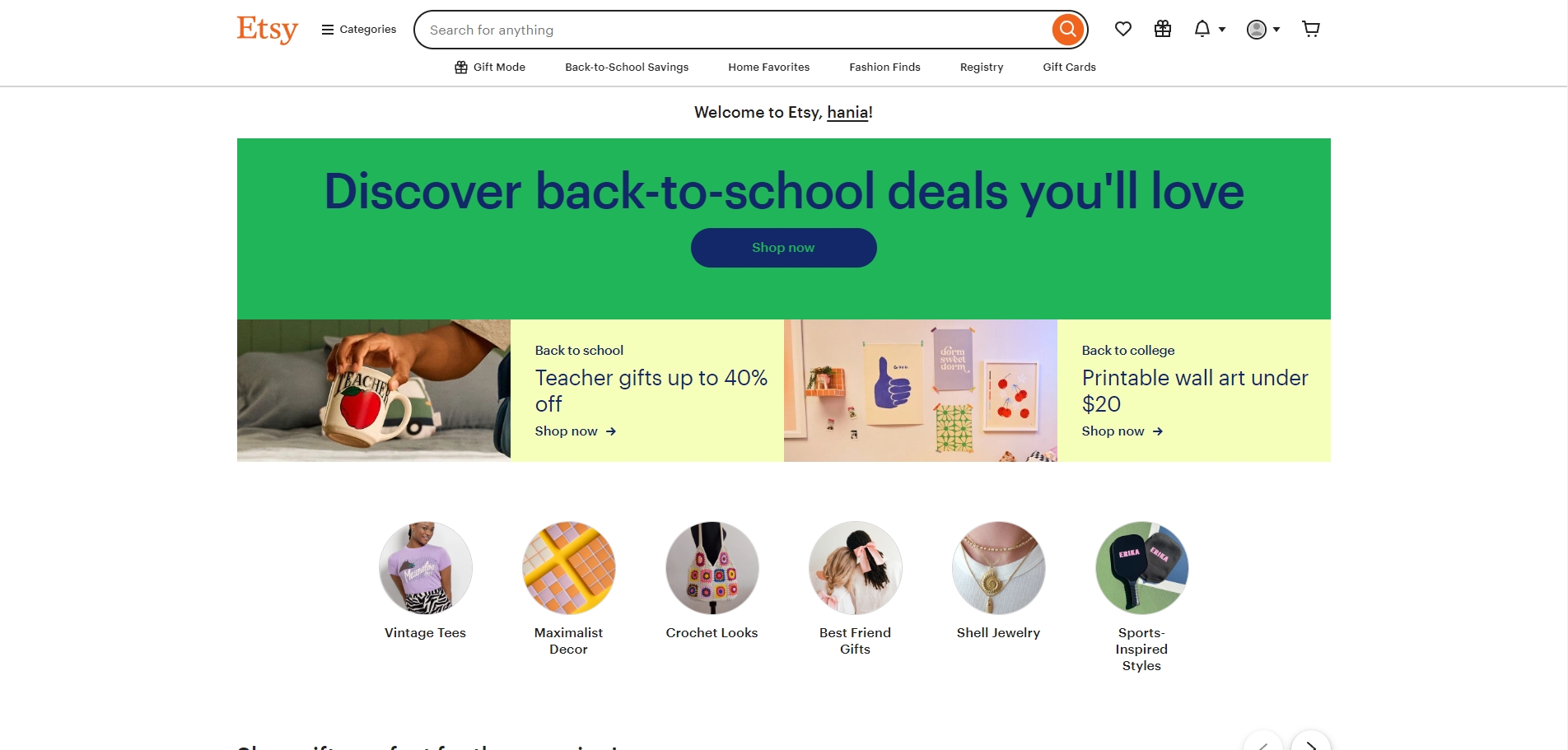
Etsy is one of the premier platforms for selling handmade, vintage, and craft items. It has built a strong community of creative entrepreneurs who use the platform to showcase their unique products. Etsy is especially beneficial for artists, crafters, and vintage collectors, providing a marketplace where their items are appreciated and sought after by a dedicated audience. The platform offers robust tools for sellers, including options for customization, detailed analytics, and marketing features. However, with the platform’s growing popularity, competition has increased, making it essential for sellers to have a strong brand identity and marketing strategy to stand out.
4. Shopify

Shopify stands out as a leading e-commerce platform for those who want full control over their online store. Unlike marketplaces like Amazon or eBay, Shopify allows sellers to build their own branded storefront, offering complete customization in terms of design, product listings, and customer experience. This makes it an ideal choice for businesses that are looking to create a strong brand presence online. Shopify offers a wide array of tools and integrations, including payment gateways, inventory management, and marketing plugins, which can streamline the selling process. However, running a Shopify store requires a hands-on approach, particularly in areas like marketing and logistics, which can be demanding for those new to e-commerce.
5. Facebook Marketplace
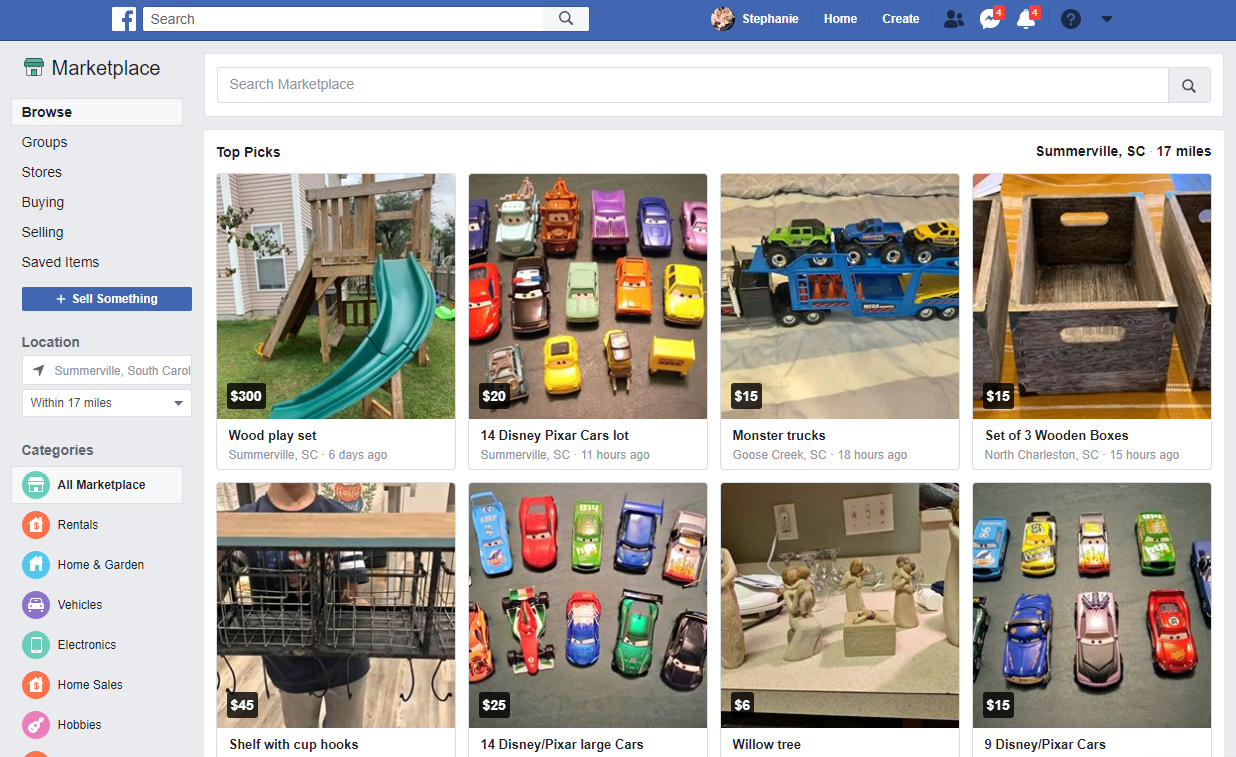
Facebook Marketplace has become an increasingly popular platform for selling items locally. Integrated into the Facebook app, it allows users to list items for sale within their community, making it easy to reach a local audience. The platform is particularly suited for selling second-hand goods, furniture, and services that benefit from face-to-face interactions. Since it is free to use and doesn’t charge listing fees, it is an attractive option for casual sellers and those looking to offload items quickly. However, it lacks the comprehensive e-commerce tools found on other platforms, which can limit its effectiveness for more serious sellers.
6. Poshmark
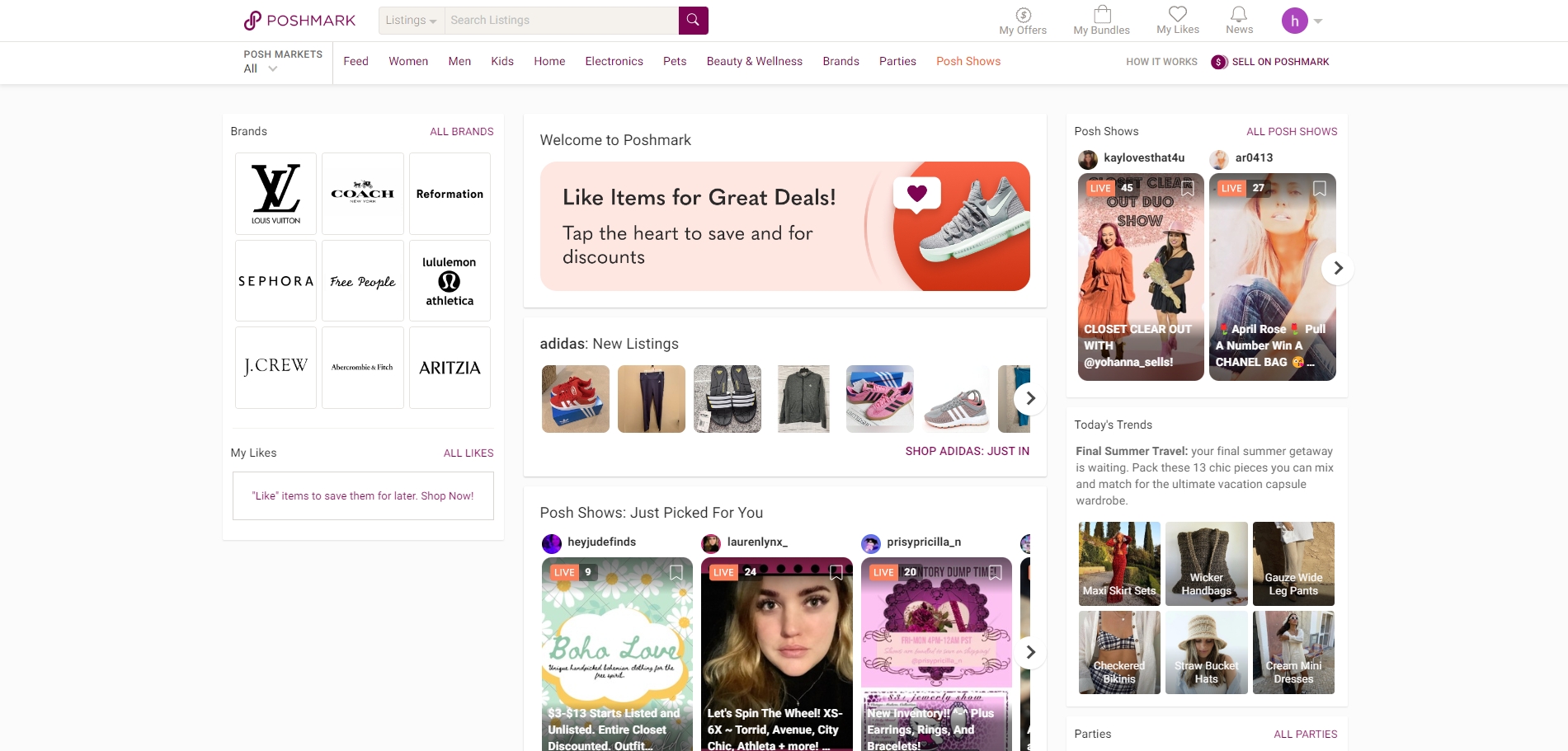
Poshmark is a social commerce platform designed primarily for fashion enthusiasts. It allows users to sell clothing, accessories, and home goods through a social, community-driven experience. Poshmark’s interface encourages interaction between buyers and sellers, making it easy to build a following and engage with potential customers. The platform also offers features like “Posh Parties,” where users can showcase items in themed virtual events, adding an interactive element to the selling process. Poshmark is ideal for those looking to sell fashion items, particularly if they enjoy the social aspect of selling. However, the platform’s commission fees are higher than many competitors, which can impact profitability.
7. Mercari
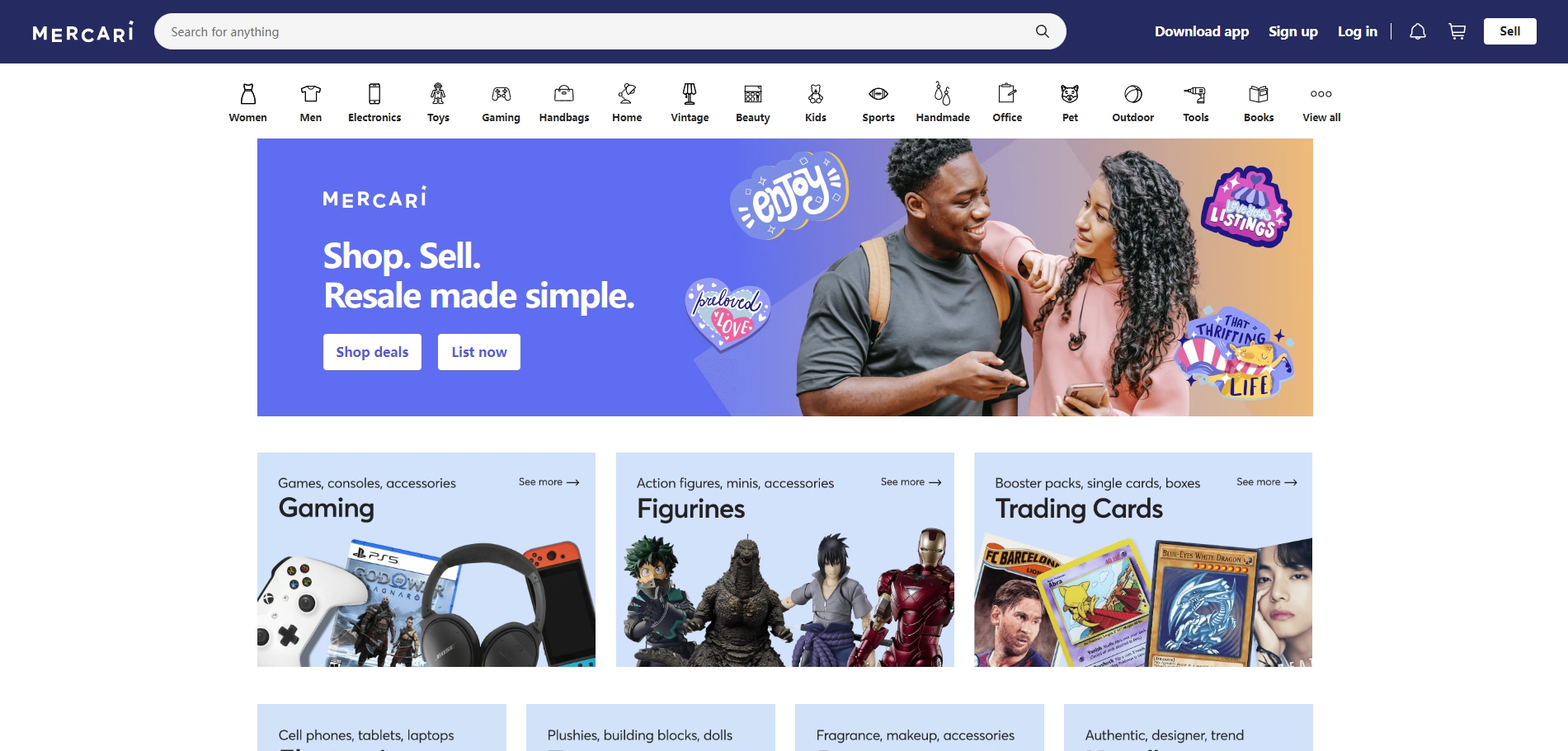
Mercari is a versatile marketplace that allows users to sell a wide range of items, from electronics to clothing and household goods. Known for its simplicity, Mercari is a mobile-first platform that makes listing items quick and easy. The platform offers shipping labels and a built-in rating system for buyers and sellers, helping to facilitate smooth transactions. Mercari is particularly appealing to those looking for a user-friendly selling experience without the complexities of larger marketplaces. However, its user base is smaller compared to giants like Amazon and eBay, which may limit exposure and sales volume.
8. Walmart Marketplace

Walmart Marketplace is an attractive option for sellers who want to tap into Walmart’s extensive customer base. The platform allows third-party sellers to list their products on Walmart.com, reaching millions of shoppers who trust the brand. Walmart Marketplace is particularly appealing to sellers with established operations, as the platform’s application process is selective and its requirements are stringent. Sellers who succeed on Walmart Marketplace can benefit from high visibility and the potential to scale their business significantly. However, the platform’s demanding requirements and competitive environment can be challenging for new or smaller sellers.
9. Depop
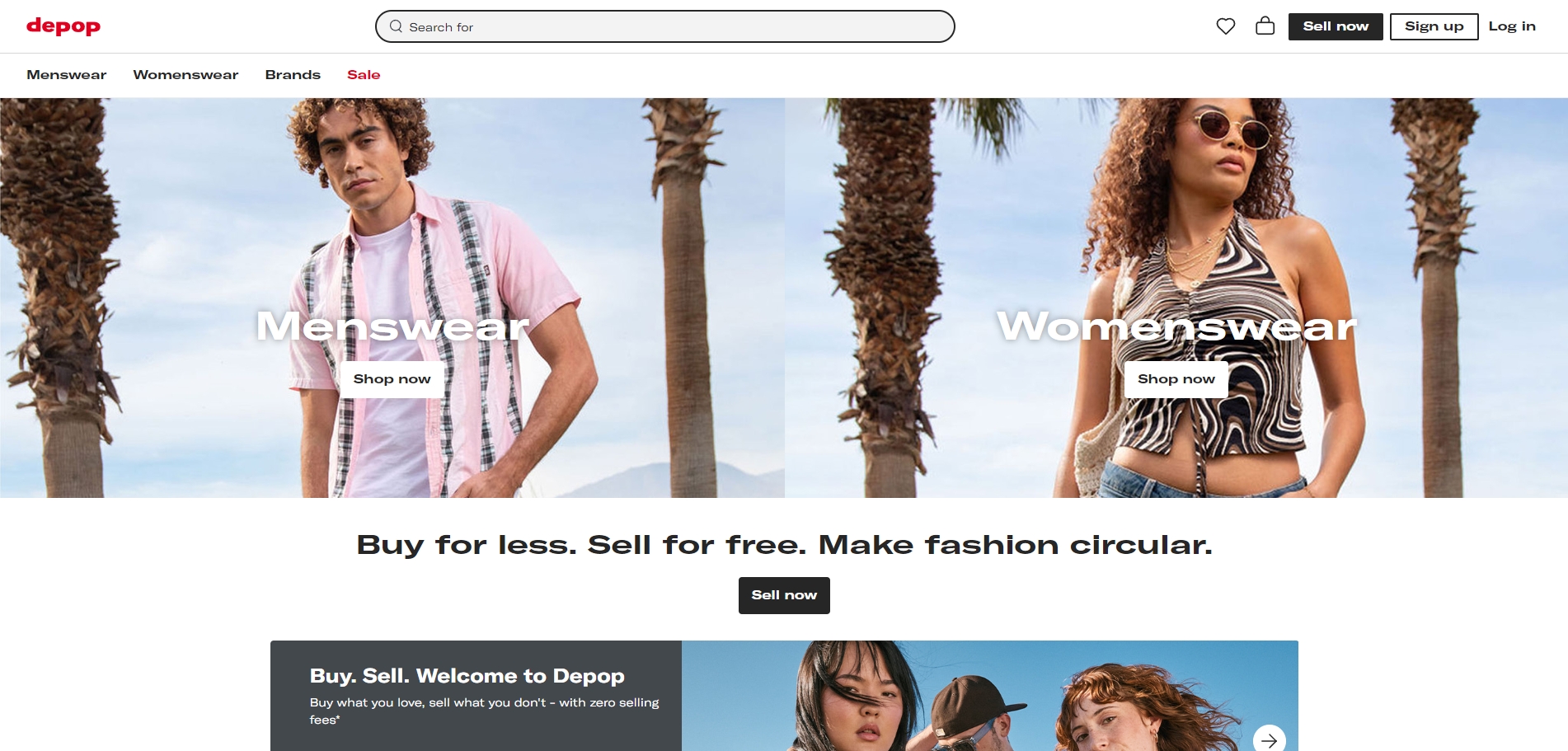
Depop is one of the trendy platforms for selling that blends social media with e-commerce, catering to a younger, fashion-forward audience. It’s particularly popular for selling vintage clothing, streetwear, and unique fashion items. Depop allows users to build a personal brand and sell directly to their followers, creating a community-driven shopping experience. The platform’s mobile app is intuitive and easy to use, making it ideal for sellers who are looking to connect with a niche market. However, its focus on a younger demographic may limit the types of products that sell well, and sellers may need to put extra effort into building their brand on the platform.
10. Alibaba

Alibaba is the largest global wholesale marketplace, connecting manufacturers with businesses around the world. It’s an essential platform for those interested in bulk buying and reselling products online. Alibaba offers a vast selection of goods at highly competitive prices, making it ideal for sellers who want to source products at scale. However, Alibaba requires a significant upfront investment and a strong understanding of international trade regulations, logistics, and customs, which can be a barrier for new or small-scale sellers.
Part 2. Which Is the Best Platform for Online Selling?
Each platform offers unique benefits, and the best choice will depend on your specific needs, the type of products you’re selling, and your long-term goals. Next, we’ll discuss how to choose the right platforms based on different selling scenarios.
For Large-Scale Operations: Amazon and Walmart Marketplace
If you’re looking to reach a massive audience and have the infrastructure to support high sales volumes, Amazon and Walmart Marketplace are excellent choices. Both platforms offer vast customer bases and extensive e-commerce tools, making them ideal for established businesses looking to scale.
For Handmade and Vintage Items: Etsy
If you specialize in handmade, vintage, or craft items, Etsy is the platform for you. Etsy’s strong community and tailored tools for creative entrepreneurs make it the perfect marketplace for artists and crafters.
For Full Control Over Branding: Shopify
For sellers who want complete control over their online presence and branding, Shopify is unmatched. It allows you to build a custom online store that reflects your brand’s identity, offering a wide range of tools for customization and marketing.
For Fashion and Social Selling: Poshmark and Depop
Fashion sellers, particularly those targeting younger, trend-conscious consumers, should consider Poshmark or Depop. Poshmark’s community-oriented platform and Depop’s social media integration make them excellent choices for selling fashion items and engaging with a niche audience.
For Local Sales: Facebook Marketplace
If you’re looking to sell items locally, Facebook Marketplace is a great option. It’s free, easy to use, and integrated with Facebook’s massive user base, making it a convenient choice for selling second-hand goods or services within your community.
Part 3. Tips to Boost Your Sales on Online Selling Sites
Once you’ve chosen the right platforms for selling, the next step is to enhance your sales strategy. In 2024, live streaming has emerged as an effective way to engage customers and boost sales. It allows you to engage with your audience on a personal level. You can answer questions, provide real-time demonstrations, and build a connection with your viewers that can lead to increased trust and sales. Unlike static images or videos, live streaming gives customers a more authentic and transparent shopping experience.
To make the most of live streaming, consider using AI-powered tools like BocaLive. BocaLive offers a range of features that can enhance your live streaming efforts, including multi-platform streaming, customizable AI avatars, and real-time audience interaction. These tools can help you create professional and engaging live streams, even if you’re new to the process. Not only will it allow you to start a live stream with minimal cost, but it will also maximize your website’s online sales.

Wrapping Up
Selling online in 2024 offers more opportunities than ever before, but success requires choosing the right platforms for selling and implementing effective strategies like live streaming. Whether you’re an individual seller or a growing business, platforms like Shopify and tools like BocaLive can provide the foundation and growth you need. By delving into it carefully, you can navigate the competitive online market and achieve your sales goals.



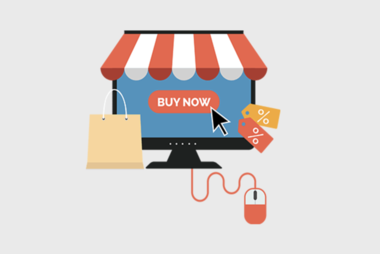

Recent Comments